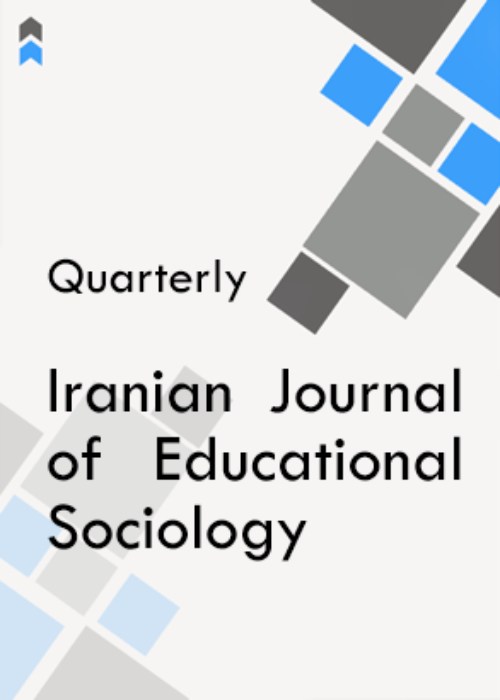Designing a decentralized primary education curriculum in Iran
The purpose of this current research is to design and formulate a decentralized curriculum for primary schools in Iran. The methodology is qualitative research from content-analyzing of comparison-categorizing system which includes three steps. In the first step, decentralized and extracting its parameters, international dissertations and researches in connection with subject of the research in qualitative analyzing method were investigated and studied. In the second step, after concluding the findings, the final curriculum pattern was formulated including decentralized curriculum (objectives and contents, teaching-learning methods, evaluation). Designing the extracted curriculum elements based on Klein curriculum elements but the difference is that, Klein curriculum elements has been categorized into 9 elements, but researcher has taken 4 main elements (objectives and contents, teaching-learning methods, evaluation) into consideration as a base for designing his suggested model. In the third step: measuring-descriptive methodology was used by making use of factor-analysis for evaluating the credibility of suggested model from viewpoints of experts and specialists. The realm of research was all books and written references on decentralized curriculum which were selected by purposeful sampling. Due to the abundance of various available printed and digital references, those ones from 2000 to 2015 were used. Data collection tools were researcher-made charts and tokens which were used for collecting categories and elements of decentralized curriculum. Faculties, specialists and experts viewpoints were used for reliability of the research. After taking opinions and revising, the final framework was formulated. For increasing the credibility of the research, ultimate attention and care were taken in order to prepare tokens. On quality of research, 467 conceptual codes were extracted, 23 main parameters were achieved which were used for formulating decentralized curriculum. A research-made questionnaire was designed in order to evaluate the conceptual structure of the research and was reviewed by 200 specialists and experts, and then finally was approved after carrying out a factor-analyzing showing that most of articles had proper weigh-factor which means all standard coefficients were within 0.3 to 0.6. On the other word the articles put proper weigh-factors on their factors. This current research as a non-intensive curriculum model for Iranian elementary schools is usable for curriculum designers and authorities of Ministry of Education who have stepped forward efficiently in order to give more authorities to education organization of provinces.
- حق عضویت دریافتی صرف حمایت از نشریات عضو و نگهداری، تکمیل و توسعه مگیران میشود.
- پرداخت حق اشتراک و دانلود مقالات اجازه بازنشر آن در سایر رسانههای چاپی و دیجیتال را به کاربر نمیدهد.


